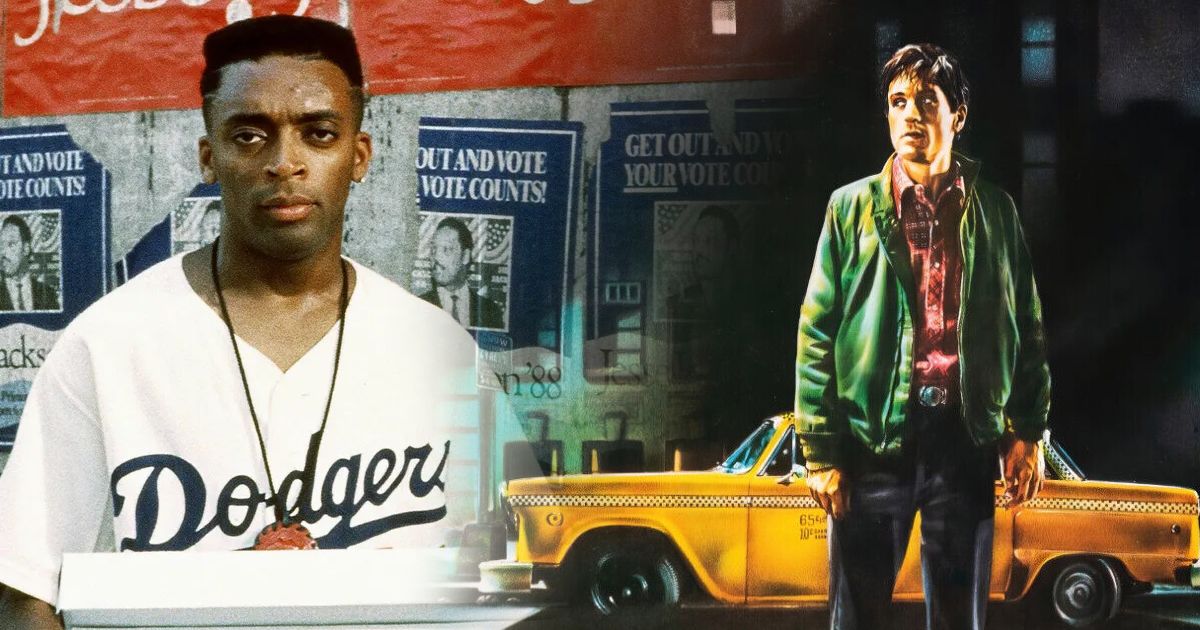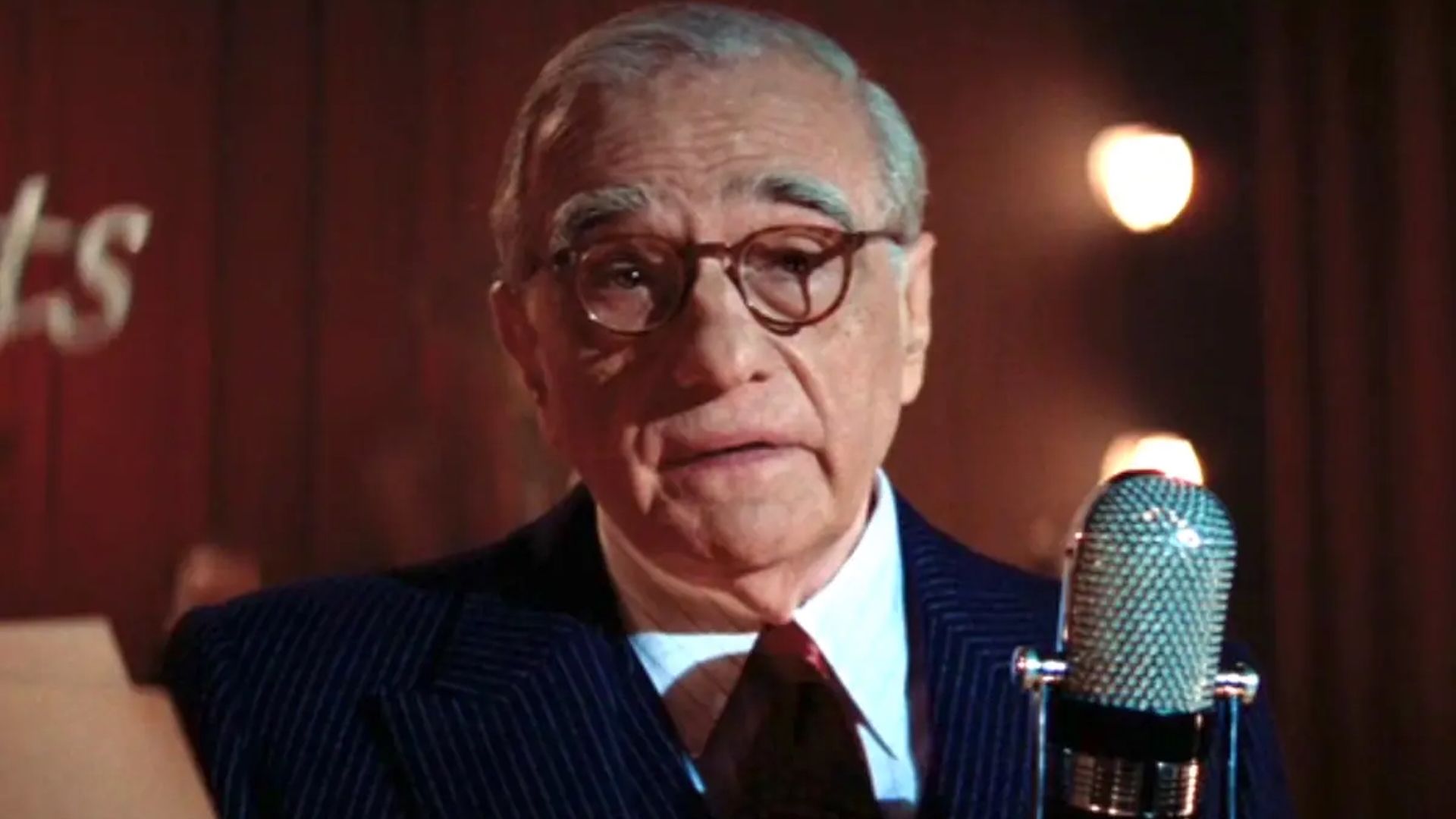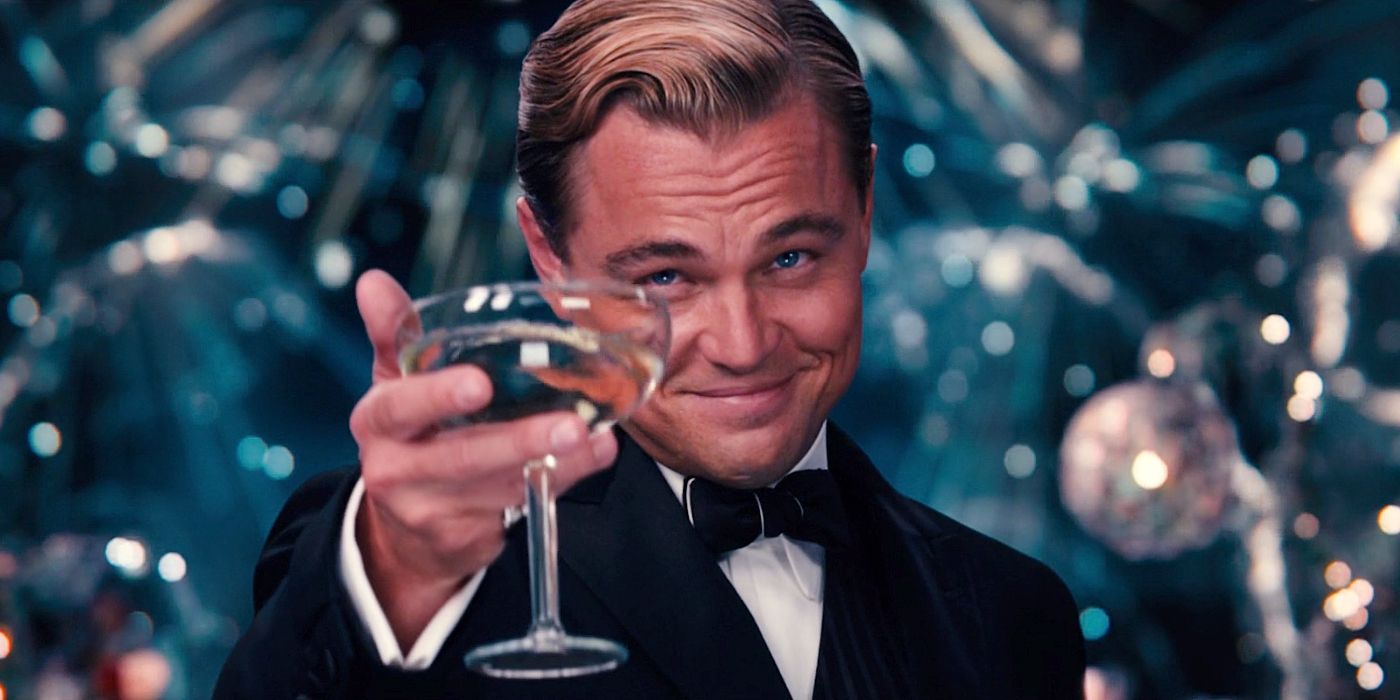Warning: This article contains spoilers for The Great Gatsby films (1949, 1974, 2013).Published 100 years ago this month, F. Scott Fitzgerald's has a unique place in pop culture. Required reading for generations of American schoolkids, the narrative explores the ideas of class, regret, and identity. Several high-profile films have been made since. The first adaptation was lost entirely. The second was filmed in the late '40s. Robert Redford filled the title role in the '70s, and the 2010s saw a glossy adaptation starring Leonardo DiCaprio, each distinct.
One of the defining works of the Jazz Age, based on real figures, the Gatsby films are always set in the '20s. The story is so broad that it still seems to work regardless of the decade, even if the specifics haven't aged too well. The screenwriters rarely veer from the source material, for reasons that will become obvious. So, are any of these deserving of a century's worth of hype? Let's find out.
For such a mythologized character, the story's premise is excruciatingly uncomplicated: Jay Gatsby can buy anything but the woman he loves. He's a cunning war hero who destroys himself pursuing a ditzy trophy wife. He can break every law, but is killed when he violates the sanctity of marriage. A simple man dressed up in the finest clothes. Perfect material for movies. Sadly, there's little to judge the 1926 film as every reel was destroyed, a fate that befell many films of the time. Tough crowd.
The 1949 adaptation starring Alan Ladd is largely forgotten, but for different reasons, the studio tampered with the script until it turned into a sermon. Paramount revived the IP in the '70s, this time with Robert Redford, Mia Farrow, and Sam Waterston. Baz Luhrmann would redo it in 2013 using green-screen, recasting those roles with Leonardo DiCaprio, Carey Mulligan, and Tobey Maguire. Your mileage may vary.

Related
17 Best Films Set in New York, Ranked
Here's a list of films that capture all that New York City has to offer.
The fact is, many aspects of the book and subsequent movies are comically dated. New York in 2025 is passé, a shell of its former mysterious, art-deco self. Likewise, , where anyone born with a trust fund or privilege is automatically dismissed as a nepo baby.
A modern-day Gatsby wouldn't be a champagne-sipping smuggler but a tech bro on Adderall living in Austin, hyping a cryptocurrency, staging raves with pounding EDM. The story only works if Gatsby is classy yet naive, a hopeless romantic willing to squander a fortune on the off chance he can impress a vacuous debutante who broke his heart. Teens watching the 1974 film in our time would justifiably label him a "simp."
We're supposed to identify with Gatsby, the good guy, rejected because "rich girls don't marry poor boys." . Incidentally, the 1949 screenwriter, Richard Maibaum, was forced to provide Gatsby with a last-second redemption arc to make sure the film didn't encourage adultery or criminality.
Despite that clunky re-edit, in an interview with Patrick McGilligan, he still insisted "ours was a more faithful rendition than the other two--especially the [Robert] Redford one [in 1974] in which they didn't seem to know what the story was about." In contrast, DiCaprio plays Gatsby as intensely insecure and slightly deranged, whereas in the 1974 movie, Redford plays the character as a gentle savior, playing to type. .

Related
Martin Scorsese's Next Film Could Be an Adaptation of a Pulitzer Prize-Winner's Novel
In a new interview, Martin Scorsese reveals the project he most wants to work on next: an adaptation of Marilynne Robinson's novel, 'Home.'
Modern viewers without any context will be confused as to why Gatsby's middle-class upbringing is the focal point of the whole narrative. That bit is essential even if it dates poorly. She's a purposely flimsy, unsympathetic character, especially in the 1974 version with Mia Farrow. The scene where Gatsby makes his unrequited love sob while flaunting his shirt collection feels like it's straight out of Tommy Wiseau's The Room, a hilarious juxtaposition for a book inspired by philosopher Arthur Schopenhauer.
These characters are so far removed from our time that it's hard to view The Great Gatsby as anything but a snapshot of a lost era where alcoholism, racism, and polo were the rage. If this tale occurred today, considering the staggeringly high rate of infidelity and healthy divorce rate in modern America, Daisy would have divorced her husband out of boredom by the halfway point, regardless. Alas, poor James Gatz was born in the wrong century. Thus, .















